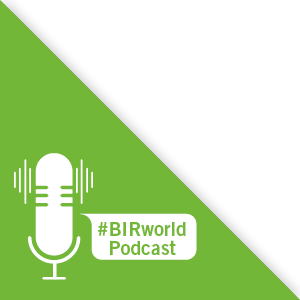Metal recycling activities are depressed owing mainly to the reduced supply of scrap. In addition to weak generation from factories, low LME prices have been preventing those holding scrap from turning their inventory into cash without the fear of losing money.
Copper is seeing the greatest activity levels within the domestic metals recycling industry. Although scrap supply is limited, there is good demand from China and from domestic smelters for No. 2 scrap. However, No. 1 copper - with the exception of Millberry - is proving difficult to sell owing to falling demand from domestic rolling mills and foundries.
There is a shortage of cable scrap, for which domestic and fellow Asian choppers are hungry in order to maintain their operations. Some scrap dealers are short for their forward sales.
Motor scrap is struggling to find outlets as buyers mainly in India, Pakistan and Malaysia are under lockdown restrictions.
Aluminium is the least active metal in domestic recycling terms. Extrusions are exceptionally tight owing to low scrap generation and fair demand from China, thus keeping the market unreasonably high. Outlets for low-grade aluminium scraps are proving difficult to find and some have started to attract negative values.
The sharp fall in domestic demand for stainless steel scrap has been accelerating Japan’s dependency on exports: more than 30,000 tonnes was shipped overseas in March for an increase of 32% over the same month in 2019.

Nick Hinohara
Metal Solution Provider (JPN), Board Member of the BIR Non-Ferrous Metals Division
Country
 Japan
Japan
